Kamila Valieva, a figure skater from Russia, has received a four-year suspension for using prohibited substances, even though she was previously declared innocent by the Russian Anti-Doping Agency's (RUSADA) inquiry. The Court of Arbitration for Sport (CAS) supported a request by the World Anti-Doping Agency (WADA), enforcing a four-year period in which Ms. Valieva cannot participate in competitions and invalidating all her competitive outcomes from December 25, 2021, along with all the subsequent effects.
The doping scandal involving Valieva has sparked controversy and raised questions about her treatment as a minor, the conduct of the test, and the value of the drug involved in enhancing performance. Valieva's defense attributed the positive test to "contamination by cutlery" shared with her grandfather, who was treated with trimetazidine after receiving an artificial heart.
The decision has resulted in different reactions, with WADA backing the ban and urging governments to consider implementing regulations that would make doping of young people a punishable offense. However, the Russian government criticized the decision as "biased," and the Olympic Committee of Russia stated that "an assault has been launched on Russian athletics."
The International Olympic Committee (IOC) is now in a delicate situation as it must decide the consequences of the CAS decision. The Valieva case is not over yet, as the skater can appeal to the Swiss Federal Court within 30 days, albeit for limited legal reasons, before the CAS decision becomes final.
The case has been problematic from the beginning because, according to WADA regulations for "protected persons" under the age of 16, Valieva's age should have guaranteed her confidentiality. Citing the "physical, mental, and emotional health" of competitors, the International Skating Union (ISU) has also increased the age limit for its senior category from 15 to 17 this year.
The CAS decision has been welcomed by the Canadian Olympic Committee, calling it a "crucial step in this matter which has lasted for years" and saluting the perseverance of Canadian athletes. However, the United States officials expressed that while the decision was a victory for clean athletes, justice had been "denied" by the two years it took to resolve the case.
The Valieva case has been a highly contentious and protracted affair, with implications for the future of anti-doping measures in sports and the treatment of minors in such cases.



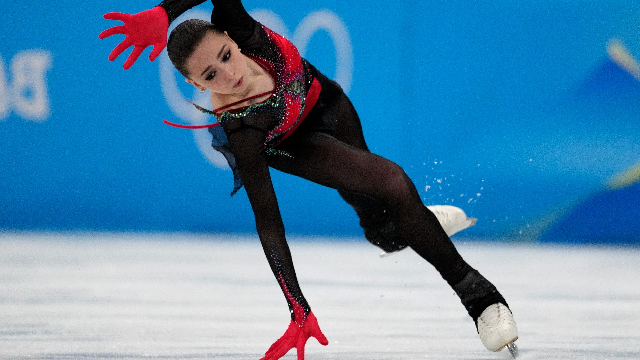



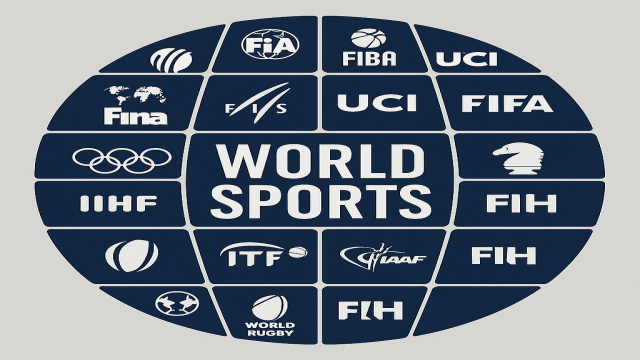
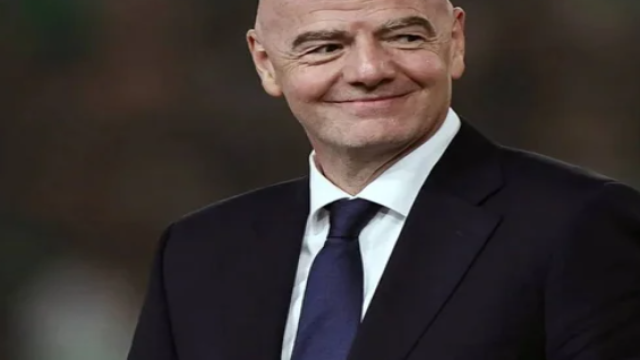
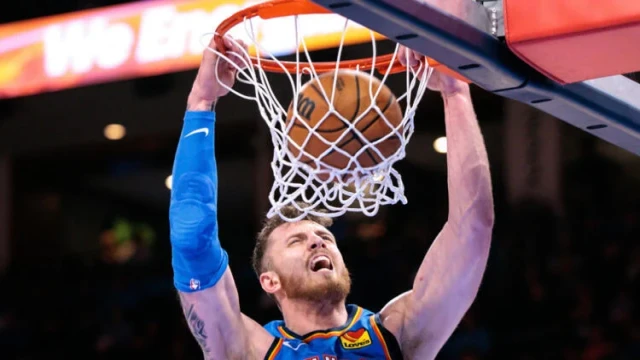
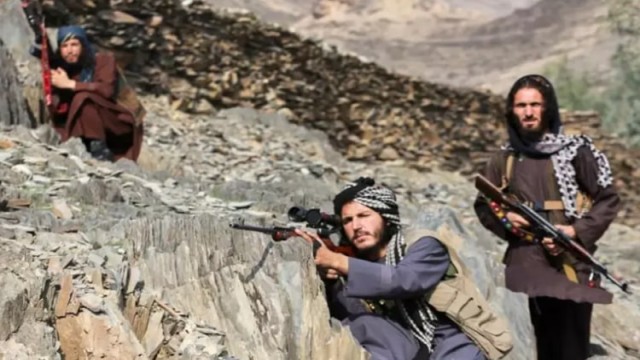

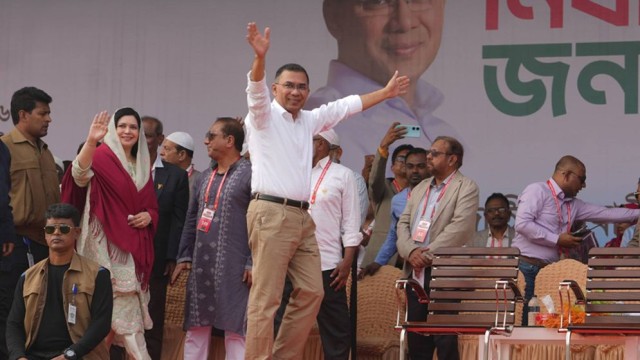
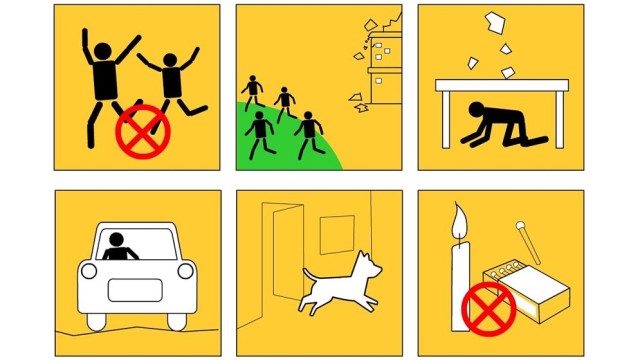

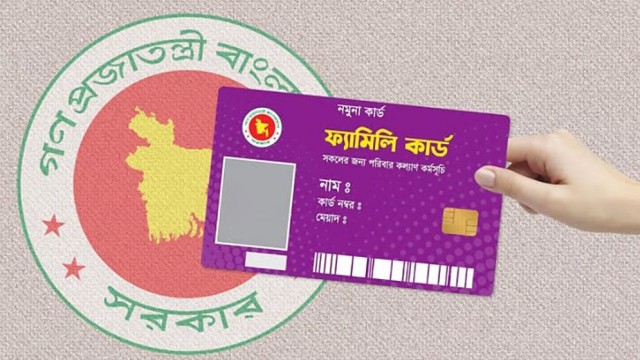
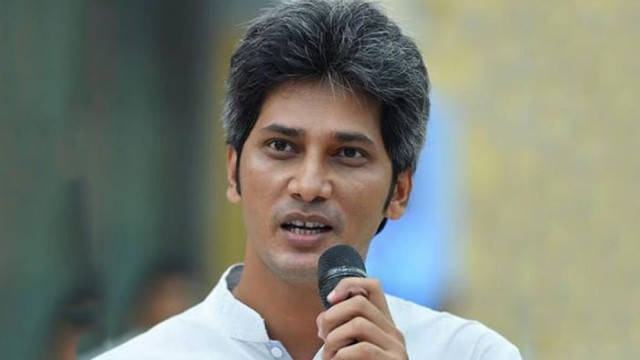
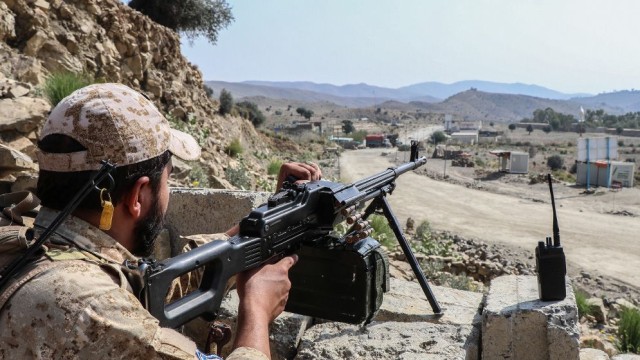
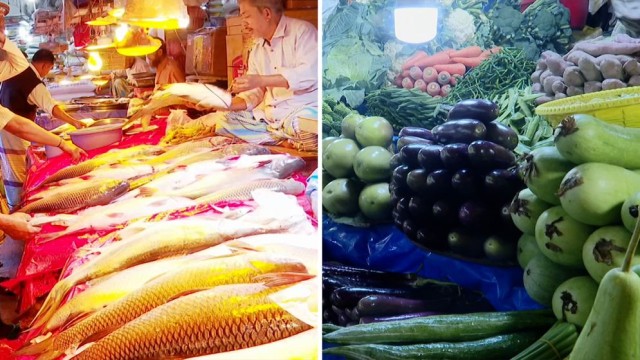






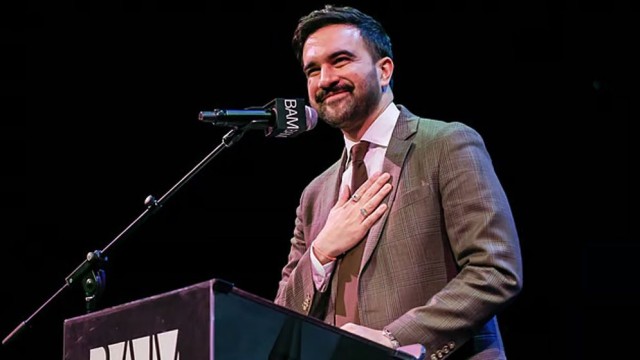

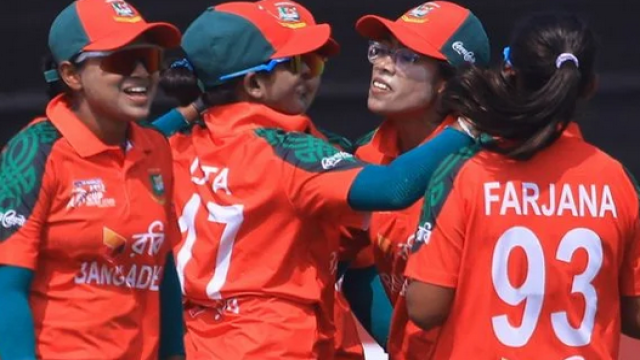

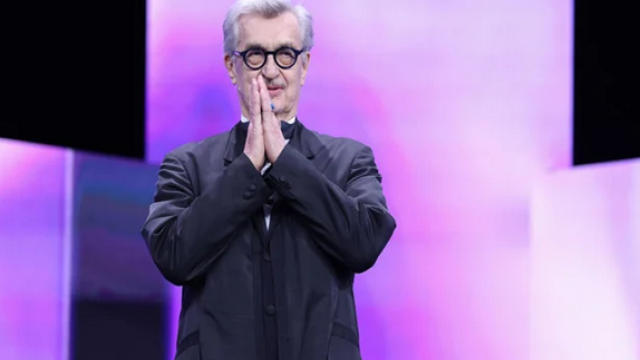
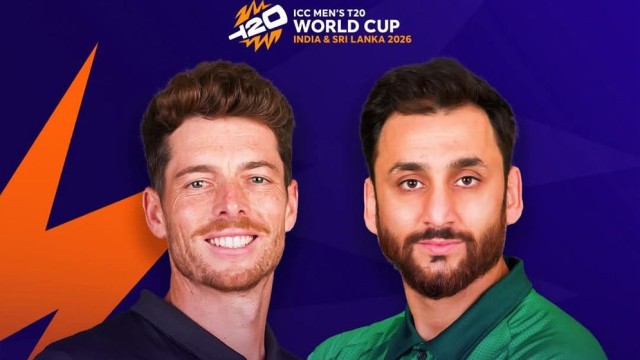
Comment: